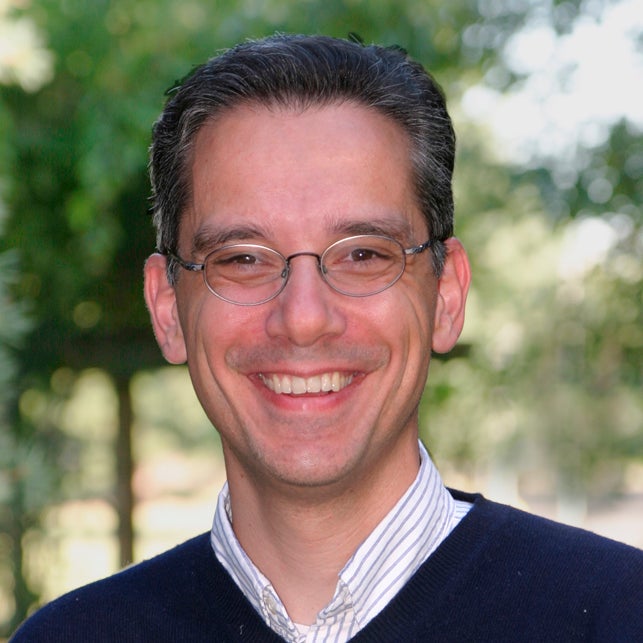Is Rational Belief in Improbable Theories Ever Warranted?
From Lee McIntyre, philosopher of science at Boston University:
Scientists, philosophers, and professional skeptics justifiably criticize science deniers and pseudoscientists for their gullible acceptance of improbable theories that have little to no evidence. But what to say then about an improbable event that has apparently good evidence in support of a dubious causal claim? One of the hallmarks of scientific reasoning is what I have called the scientific attitude: the ability to embrace fallibilism and to change one’s mind in the face of new evidence. What is the appropriate response when confronted with evidence in favor of a theory one does not want to believe? Dismiss it as a coincidence? Contend that although the event was unlikely it was not impossible? At what point do such responses violate the scientific attitude? In this lecture, I will consider the fascinating case of a Roman fortune teller who predicted the specifics of his own death. (Please note that I am a professional philosopher of science and a card-carrying member of the Committee for Skeptical Inquiry. This is a fun lecture meant to tweak the standards of warranted belief and to challenge the skeptic to specify in advance what those conditions may be.)
 Lee McIntyre is a Research Fellow at the Center for Philosophy and History of Science at Boston University and a recent Lecturer in Ethics at Harvard Extension School. He holds a B.A. from Wesleyan University and a Ph.D. in Philosophy from the University of Michigan. He has taught philosophy at Colgate University (where he won the Fraternity and Sorority Faculty Award for Excellence in Teaching Philosophy), Boston University, Tufts Experimental College, Simmons College, and Harvard Extension School (where he received the Dean’s Letter of Commendation for Distinguished Teaching). Most recently, McIntyre has authored On Disinformation (MIT Press, 2023), How to Talk to a Science Denier (MIT Press, 2021), The Art of Good and Evil (Braveship Books, 2021), Philosophy of Science (Routledge, 2019), The Sin Eater (Braveship, 2019), The Scientific Attitude (MIT Press, 2019), and Post-Truth (MIT Press, 2018)
Lee McIntyre is a Research Fellow at the Center for Philosophy and History of Science at Boston University and a recent Lecturer in Ethics at Harvard Extension School. He holds a B.A. from Wesleyan University and a Ph.D. in Philosophy from the University of Michigan. He has taught philosophy at Colgate University (where he won the Fraternity and Sorority Faculty Award for Excellence in Teaching Philosophy), Boston University, Tufts Experimental College, Simmons College, and Harvard Extension School (where he received the Dean’s Letter of Commendation for Distinguished Teaching). Most recently, McIntyre has authored On Disinformation (MIT Press, 2023), How to Talk to a Science Denier (MIT Press, 2021), The Art of Good and Evil (Braveship Books, 2021), Philosophy of Science (Routledge, 2019), The Sin Eater (Braveship, 2019), The Scientific Attitude (MIT Press, 2019), and Post-Truth (MIT Press, 2018)
This public lecture is being hosted by the Columbia University School of International and Public Affairs (SIPA) and the The Aspen Institute Science & Society Program and will take place in New York City at Columbia University, IAB Kellogg Center (420 W 118th St), room 1512, 6:00–7:00pm EST. A brief period of refreshments will follow the lecture and Q&A.
Please RSVP using the registration button above, or by clicking HERE.